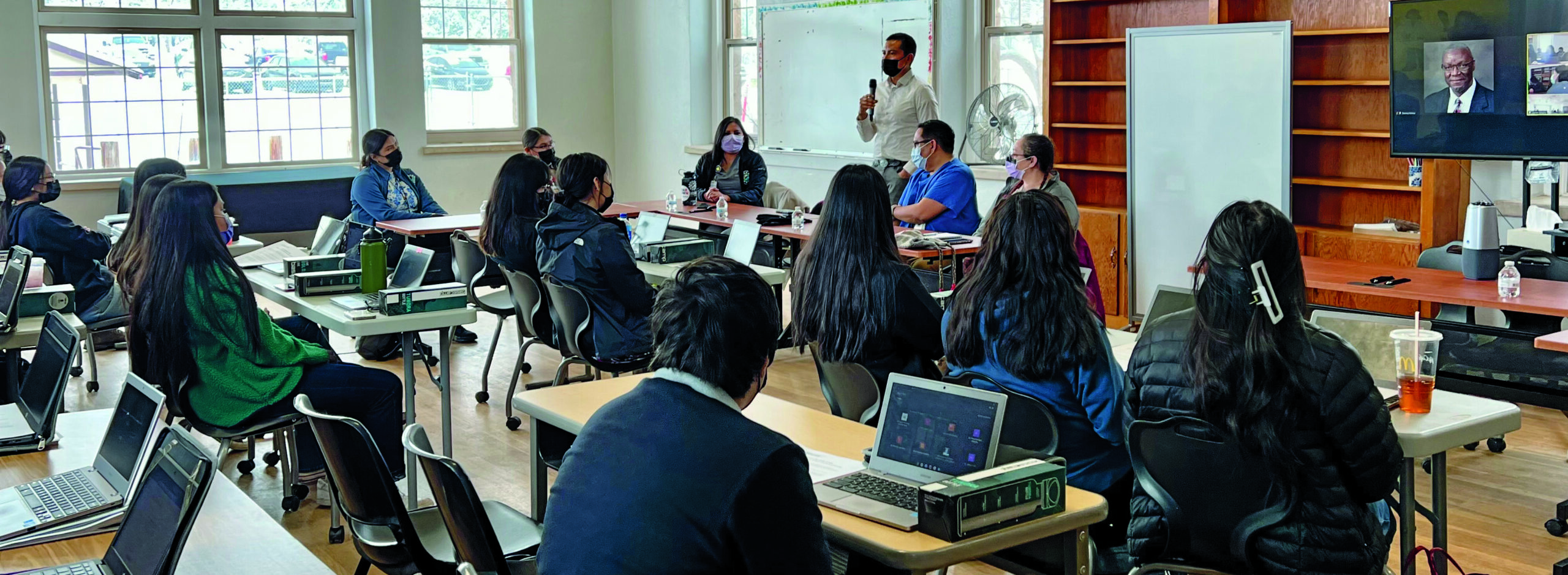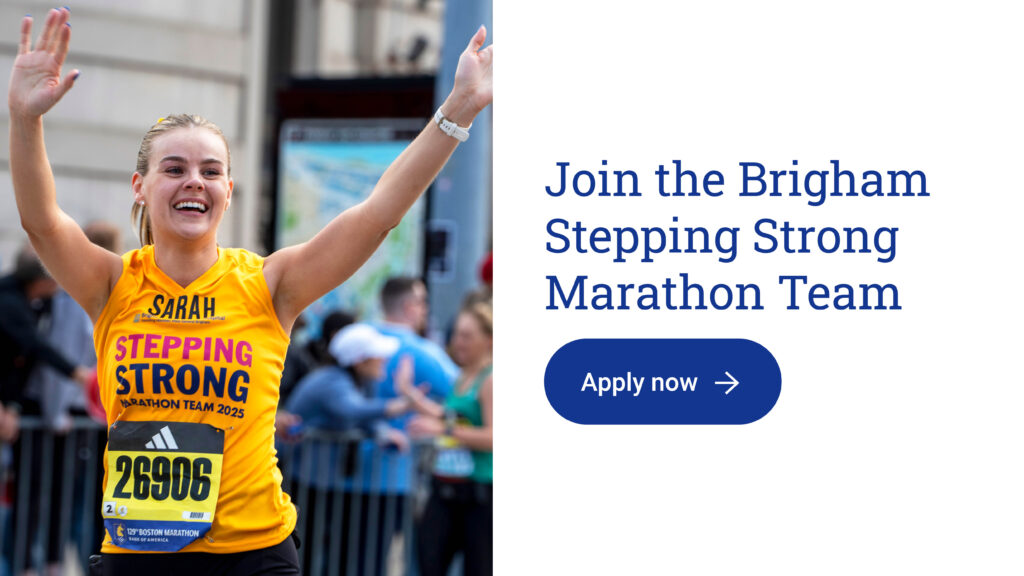
$1.5 million gift enables healthcare training for indigenous students
Of the more than 1 million practicing physicians in the United States, only 3,400 of them—0.4%—identify as Native American and Alaskan Native.
This shortage worsens indigenous populations’ staggering health disparities, as there are not enough doctors, nurses, and other providers to practice medicine on tribal lands. With few indigenous people enrolled in medical school, the group’s severe underrepresentation in the medical profession will persist unless action is taken.
To help increase the pipeline of indigenous medical trainees and ultimately improve care for Native American and Alaskan Native populations, the Brigham and the Harvard Humanitarian Initiative runs the Front-Line Indigenous Partnership (FLIP) Program, which recently received an anonymous gift totaling $1.5 million. This gift builds on the donor’s generous contribution in 2020 to help establish the program and provides significant, meaningful support for FLIP to move forward its mission.
“Research shows indigenous healthcare providers working within their communities are more likely to make a difference in their neighbors’ health because of their deep understanding and appreciation for the culture and unique environment,” explains Michael VanRooyen, MD, MPH, chair of the Emergency Medicine departments at the Brigham and Massachusetts General Hospital, chief of enterprise emergency medicine for Mass General Brigham (MGB), the Bohan Professor of Emergency Medicine, and director of the Harvard Humanitarian Initiative.
We’re so grateful for this donor’s generosity, which will enable us to mentor and sponsor hundreds of students during the next three years, setting them on a path for professional success.
Chief, Enterprise Emergency Medicine, Mass General Brigham
Bohan Professor of Emergency Medicine
Director, Harvard Humanitarian Initiative
The contribution launches the FLIP Health Professions Accelerator, designed to leverage expertise at the Brigham and across MGB to give access to training in healthcare careers to indigenous students at the high school, vocational school, nursing school, and early college levels.
The program will create career pathways for positions including physician assistants, doctors, social workers, nurses, and respiratory therapists in collaboration with medical associations, medical centers, training programs, and universities. FLIP will also offer online programs and seminars geared toward Native American high school students to increase awareness and access to healthcare career options.
VanRooyen adds, “The donor has challenged us to encourage other donors to step forward in support of new professional healthcare opportunities for indigenous Americans. This type of investment will help transform care.”
